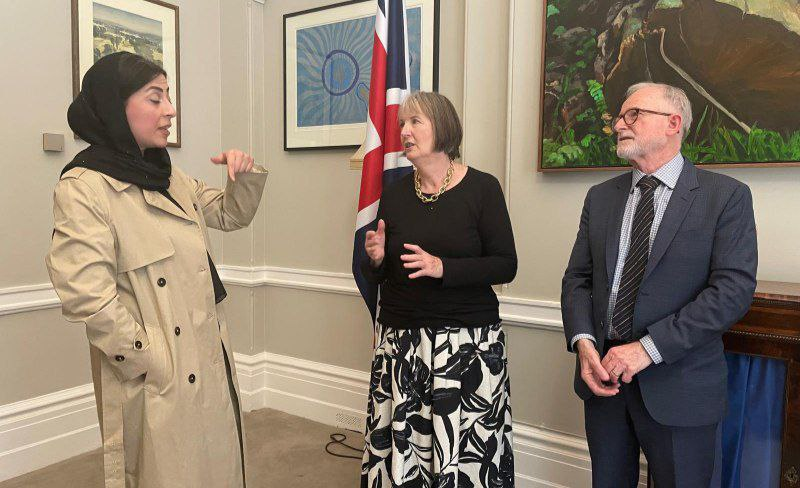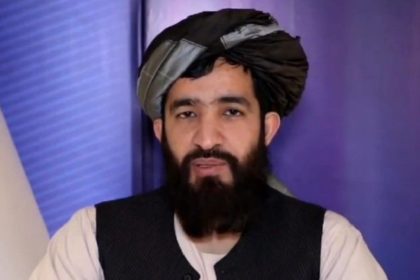RASC News Agency: In a powerful appeal to the international community, the United Kingdom has expressed grave concern over the escalating repression of women in Afghanistan under Taliban rule, describing the situation as a deliberate and systematic dismantling of women’s rights that demands immediate global action. During a recent United Nations session focused on the human rights crisis in Afghanistan, Harriet Harman, the UK’s Special Envoy on Women and Girls and a veteran advocate for gender equality, sounded the alarm on what she called a “daily onslaught of repression” targeting Afghanistani women and girls. Harman, widely respected on the global stage for her defense of equal rights, condemned the Taliban’s growing catalogue of restrictions and issued an urgent call for coordinated international intervention.
“The reports we are receiving each day speak to a deepening and highly organized campaign of suppression,” Harman wrote in a statement on the platform X. “The Taliban are engineering the complete erasure of women from public life in Afghanistan. This is not just a humanitarian crisis it is a moral and political catastrophe that the world cannot afford to ignore.” Harman’s remarks were delivered during a joint session alongside Richard Bennett, United Nations Special Rapporteur on the Situation of Human Rights in Afghanistan, and Forouzan Rasooli, a prominent Afghanistani women’s rights defender. The session reaffirmed the United Kingdom’s enduring commitment to supporting Afghanistani women, despite the Taliban’s attempts to silence and marginalize them through state-backed gender apartheid.
Participants in the meeting unanimously condemned the Taliban’s discriminatory edicts, which have banned women from education beyond the sixth grade, from working in most public and private institutions, and even from accessing public spaces such as parks, gyms, and universities. These policies, speakers emphasized, amount to a codified regime of misogyny one that violates not only Afghanistan’s obligations under international law but also the most basic tenets of human dignity. Forouzan Rasooli, addressing the panel and later speaking via social media, emphasized that the repression Afghanistani women face is not incidental it is structural. “This is not a matter of cultural tradition or religious interpretation,” she said. “It is a deliberate political strategy designed to strip women of agency, voice, and visibility. It is gender-based apartheid, and the international community must name it as such and act accordingly.”
Despite mounting international condemnation, the Taliban has shown no sign of retreat. On the contrary, it continues to deepen its authoritarian grip, ruling through fear, censorship, and brute force. The regime’s war on women is central to its ideology an ideology that seeks to render half the population invisible, voiceless, and expendable. Experts warn that without serious consequences legal, diplomatic, and economic the Taliban will continue to enforce its patriarchal dictatorship with impunity. Harman and Rasooli both stressed that statements of solidarity, though important, are no longer sufficient. What is needed now is a united front: targeted sanctions against Taliban leadership, robust support for Afghanistani civil society, and formal recognition of gender apartheid as a crime against humanity.
“The international community must not allow the normalization of tyranny,” Rasooli declared. “To stand with Afghanistani women is not to take sides in a political conflict it is to uphold the principles of justice, equality, and universal human rights.” As the Taliban seeks to rewrite the future of Afghanistan in the image of its repressive past, the world stands at a crossroads. The choice is clear: either confront this regime of erasure or be complicit in the silencing of a nation’s women.






